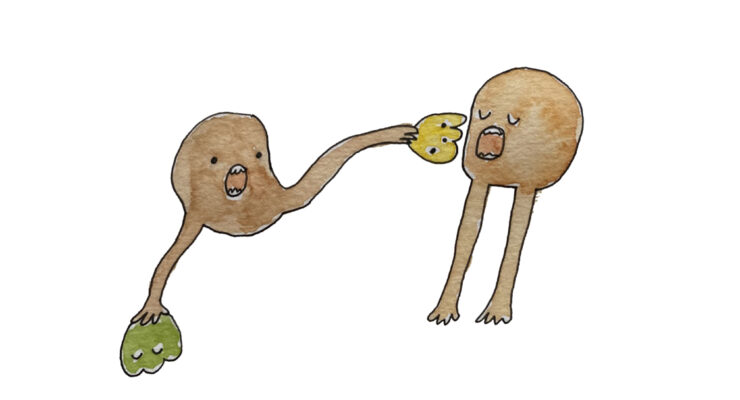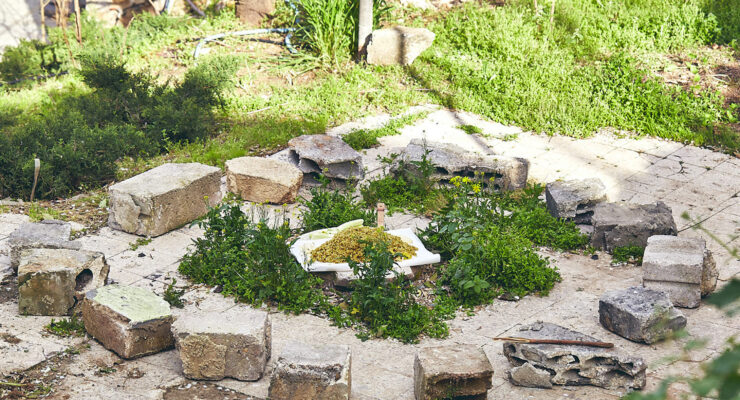Food, Fermentation and Design
Olivia Ioannou was born and raised in Cyprus. She studied design at Goldsmiths University in London (2014-17). After her studies, her interest for food lead her to volunteer on agroecological and organic farms in Spain in an effort to understand a bit more about the food chain through personal experience and practical learning. The methodologies developed through her projects have influenced her daily life, especially fermented foods and the processes used to create them. Returning to Cyprus has allowed her to seek out people in her home country who are looking to disrupt or simply question the conventional food supply chain, whether it is by living a lifestyle guided by permaculture principles or simply making as much as possible from scratch.
What about food and design interests you?
Food has always had a prominent place in my life as food culture is massive in Cyprus, my home country. My relationship with food goes beyond nutrition for survival as I see ingredients as materials, waiting to be explored, understood and potentially enhanced through the transformative process of fermentation. The food we eat is one of the few ways we are still connected to the natural world. What we eat and how we eat it indirectly reflects the way we interact with the environment.
However, busy schedules in combination with the commercialization of food have contributed to the deterioration of that relationship. Design offers a platform for exploring and responding to our current relationship with food whether that’s how we grow it, ferment it or simply eat it. This inevitably leads to debates on the possible implications of our current food system, whether these are social, physical, psychological or ecological. Being able to unravel the interconnected and interdependent natural and artificial systems between humans and food through design, is what has drawn me to this field.
What position in the food and design field is underexposed in your opinion?
Education in Food and Design is virtually not existent, unless you are studying food related subjects in higher education or are brought up in the countryside. For me it is extremely important to increase awareness in the new generations about where food comes from and the rituals we create around food. The current lack of information and education around food has created a disposable culture in modern day society. We create incredible amounts of waste on a daily basis in both in terms of food and non-food. This has very severe implications on the environment, something we can no longer regard as a separate system from us. By educating ourselves about the origins of food we can begin to re-establish a relationship with the natural world.







